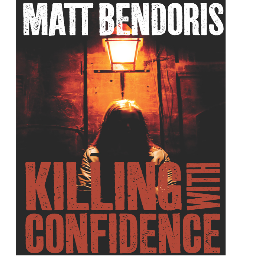Rosa
Jonathan Rabb
Jonathan
Rabb is American,but doesn't really feel it, any more than does Alan
Furst or Philip Kerr, respectively American too, and Scottish,
respectively. They appear to be sort of international initiates in some
arcane brotherhood of the interwar years, more specifically the sept
which psychically exists in Germany and Eastern Europe.
Rabb
is the least prolific of the three, all young men. He is also formally
the most academic. Both his parents and most of his grandparents were
historians, so it seems, and he gravitated naturally to Yale and
Columbia.
His
early life as a historian imbues his Berlin trilogy. The immediate post
war period is meticulously delineated, and Kriminal Kommissar Hofner
works out of the Alex; very familiar to friends of Kerr's Bernie Gunther
(who, as a character lives much more strongly in my head, by the way).
The
Rosa of the title is the murdered socialist leader Rosa Luxemburg, who
so tragically overestimated the internationalism of the industrial
proletariat. Other historical figures flit in an out, mingled with the
fictional players, Karl Liebknecht naturally, as a corpse, but lesser
known socialists and heroes of the Spartacus League like Leo Jogiches
flit about, half seen, in the wings. Jogiches then turns out to be
crucial.
As
well as the heroes, of which there are but few, there are villains.
Many villains, easily available, as we are well aware given the era, and
the fact that by the early 1930s, a mere decade later, evil had
comprehensively triumphed in Germany. Included are not only members of
the Freikorps, who were the backbone of the SS, but also the natural foe
of the Kripo, the criminal police, the Polpo, the political police.
Thereafter, this latter organisation became the basis for the Gestapo
The
hook is the fact that there have been constant doubts expressed about
whether the shot and bludgeoned corpse examined following its discovery
was really that of Luxemburg. DNA analysis in 2009 did not, as
anticipated, clear up the whole mystery.
A
good read, overall, with a strange and worrying lace-obsessed murderer
with perhaps a slight hint of Jean Baptiste Grenouille? But then, he
doesn't turn out to be so central after all.
And
so it redoubles and redoubles. The final verdict? Vastly learned, but
rather longwinded. And the anachronisms..............even up to and
including "So we're good here"



























